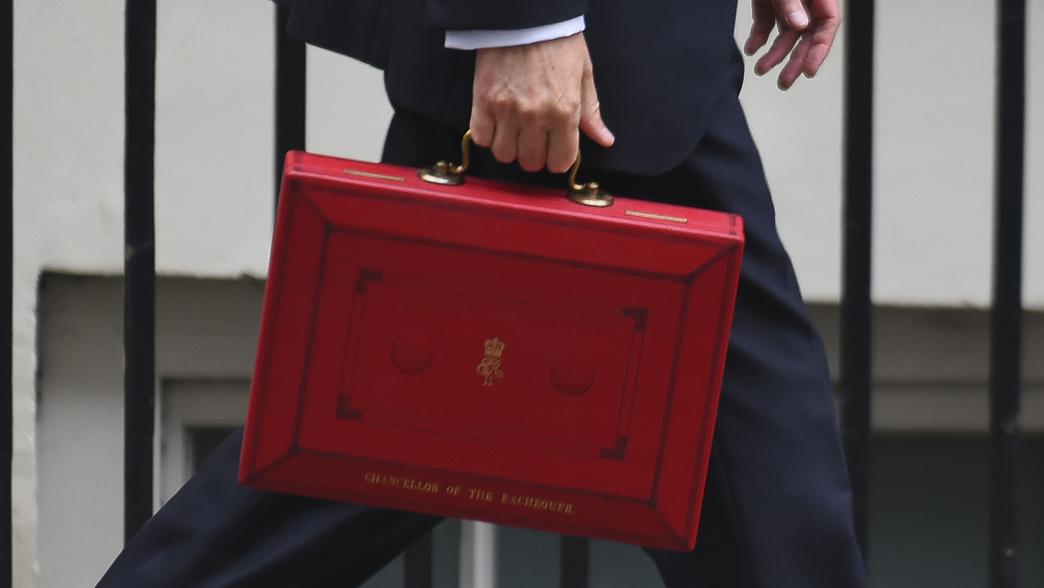Analysis paper
How is evidence used in tax policy making?
A key tenet of good policy making, including on tax, is use of the best available evidence.

A key tenet of good policy making, including on tax, is use of the best available evidence.

The UK tax system needs substantial reform, but recent governments have shied away from it because of public resistance.
This short guest paper examines the work of the Office of Tax Simplification over the 12 years of its life.
The Office for Budget Responsibility (OBR) is the UK’s official independent economic and fiscal forecaster.
Rules governing unclear general election results are loosely defined in the UK.